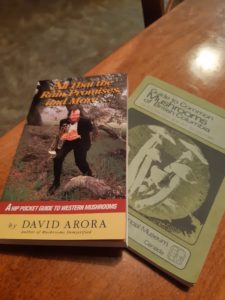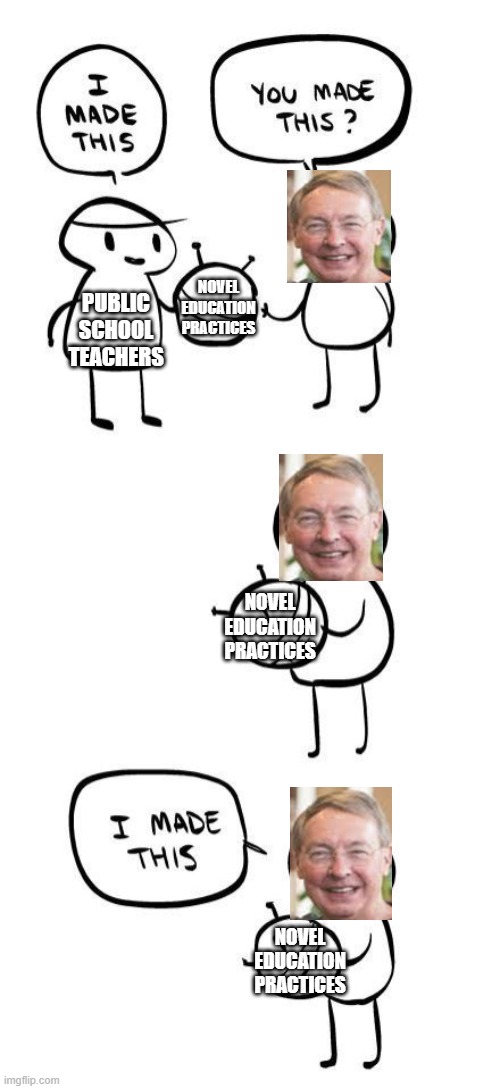Sadly, this week was full of business for me and it kept me away from hunting for mushrooms on a hike like I planned. But that doesn’t mean we didn’t see some exciting developments coming from the now growing mushrooms on my balcony! Nor does it mean I didn’t spy a few cute little fungus friends popping out of neighbourhood yards.
While out walking the other day I saw these little cuties.

Growing in a few small cluster these white capped young blooms had me curious. I’ve combed through my identification books but I don’t have confidence in what they are yet. I’ll keep looking though because now I’m set on knowing!
Despite the hinderance to getting out and investigating the damp undergrowth of the forests for mycological wonders I did learn some very interesting things about the cultivation of mushrooms and the surrounding political economy of mushroom growing and picking. First off, completely unbeknownst to me, white button, brown cremini, and portobello mushrooms are all one in the same! It’s something quite stunning to realize that so many of the foods available in our grocery stores may appear to be different varieties, when in fact they are identical, just at different stages of life. White button and brown cremini mushrooms are young blooms of Agaricus bisporus, while the portobello is the mature fruit. This species is particularly widespread, and is easily cultivated as it will grow readily in soil, on wood or sawdust, or on other decomposing matter. The ease of cultivation, relative shelf life, and versatile flavour have made this mushroom the staple fungus of casual North American cooking. What fascinates me more however, is the notable myco-phobia (that is fear of mushrooms) that permeates so many eaters here when compared the plethora of mushrooms in say European or east Asian culinary traditions. I have picked up a copy of Anna Tsing’s The Mushroom at the End of the World which explores the political economy of mushroom pickers that harvest the matsutake, a highly sought after mushroom in Japan. I think that investigating the wider social, cultural, and political-economic trends around mushrooms offers us some unique insights into global food systems and planetary food cycles.
Now onto the good stuff. My oyster mushrooms have bloomed!

These little friends are growing well, despite the trouble we’ve had maintaining the humidity they need in all this wind. The incoming cold front gusts run the risk of drying out the covering tent that these mushrooms grow in. Without proper humidity the oyster mushrooms run the risk of growing long stocks, small caps, and developing an unappetizing fibrous and woody texture. I’m keeping a careful eye on these new blooms to ensure that they stay happy and healthy, and with that I’m hoping to eventually get a second, third, and if I’m very lucky fourth bloom from this kit.

 I’ve ordered a beginner mushroom growing kit from a farm up in Sayward on the north end of the Island, so that will take some time to get here. In the mean time I’m finally diving into a few books I have and calling on friends with experience to talk about wild mushrooms. My only hope is that I can live up to the style of David Arora, author of All That The Rain Promises and More. What a legend.
I’ve ordered a beginner mushroom growing kit from a farm up in Sayward on the north end of the Island, so that will take some time to get here. In the mean time I’m finally diving into a few books I have and calling on friends with experience to talk about wild mushrooms. My only hope is that I can live up to the style of David Arora, author of All That The Rain Promises and More. What a legend.
